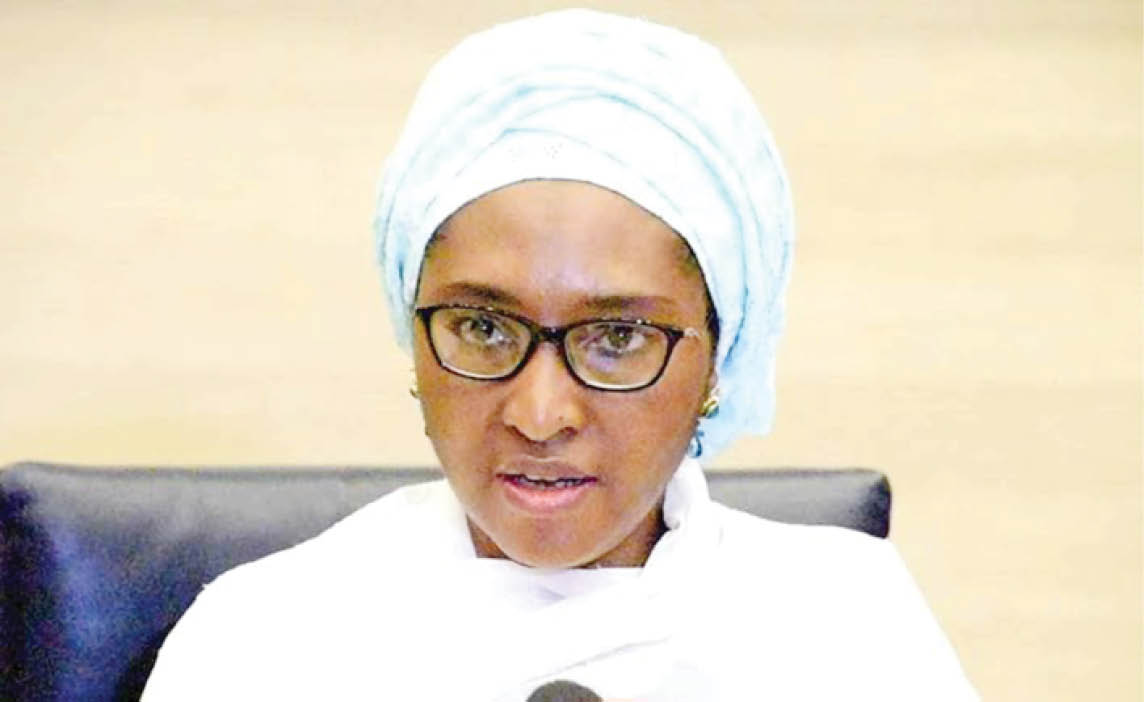A fresh innovation of Nigeria borrowing from its citizens and corporate bodies is in the offing as the Minister of Finance, Budget and National Planning, Mrs Zainab Ahmed, last week, said the federal government is to borrow about N850 billion from unclaimed dividends and dormant account balances under the Special Trust Fund for Unclaimed Dividends and Dormant Accounts.
The recourse to fund the 2021 budget with the loan follows dire need for cheap funds to finance Nigeria’s huge fiscal deficit and mitigate further economic crisis arising from the Coronavirus (COVID-19) pandemic.
The operationability of the fund is anchored on the 2020 Finance Act (Amendment) Bill signed on December 31, 2020, by President Muhammadu Buhari which provides that the Debt Management Office (DMO) shall supervise the operations of the fund.
The act, which has the commencement date of January 1, 2021, introduced significant changes to some tax and regulatory laws in Nigeria, including the introduction of COVID-19 incentives, alongside other changes.
The Finance Act 2020 Part XV, states that: “Subject to Section 44 (1) (h) of the Constitution of the Federal Republic of Nigeria, 1999, there is established by the trust, as a sub-fund of the Crisis Intervention Fund, an unclaimed Funds Trust Fund.”
Thus, “From the commencement of this act, any unclaimed dividend of a public limited liability company quoted on the Nigerian Stock Exchange (NSE) and any unutilised amount in a dormant bank account maintained in or by a Deposit Money Bank (DMB), which has remained unclaimed or unutilised for a period of not less than six years, from the date of declaring the dividend or domiciling the funds in a bank account, shall be transferred immediately to the Unclaimed Funds Trust Fund.”
But the act allayed the fears of account owners, noting that: “Such unclaimed dividends and utilised amounts in a dormant bank account transferred to the Unclaimed Funds Trust Fund shall be a special debt owed by the federal government to the shareholders and dormant bank account holders respectively and shall be available for claim, together with the yield thereon, by the shareholder and the bank account holder at any time, pursuant to the aforementioned perpetual trust.”
The act exempts: “Official bank accounts owned or belonging to the federal government, state governments or local governments or any of their Ministries, Departments or Agencies.”
While prescribing sanctions for default, the act indicates that any financial institution that fails to remit the unclaimed dividends shall be liable to a fine three times the amount unremitted.
But shareholders under the aegis of the Independent Shareholders Association of Nigeria (ISAN) and New Dimension Shareholders Association (NDSA) are not amused. They have flayed the policy, saying the federal government has never been a good borrower and so cannot be trusted with such private funds.
ISAN’s Publicity Secretary, Moses Igbrude, regretted that government “wants to rob shareholders” through Unclaimed Dividend Trust Fund.”
Other industry watchers fear that the policy would dampen investors’ confidence and create capital flight. Many are worried at the prospect of entrusting the unclaimed dividends and dormant accounts into the hand of government which has no history of efficient fund management.
While many Nigerians would not want to lend to government, such huge amount of unclaimed dividends and dormant accounts should not be left as they are, especially as most of them would not be accessed because of death or just abandonment.
As a first step, company registrars should make extra effort to trace the owners of unclaimed dividends as banks trace the owners of dormant accounts.
Also, owners of the unclaimed dividends should liaise with stockbrokers in order to update their records and claim their funds.
Where this is impossible, records of the funds should be properly kept. Government should also outline fully the terms of the borrowing, the simplified ways to retrieve the funds and be ready to pay back to the owners the moment they show up.

 Join Daily Trust WhatsApp Community For Quick Access To News and Happenings Around You.
Join Daily Trust WhatsApp Community For Quick Access To News and Happenings Around You.


